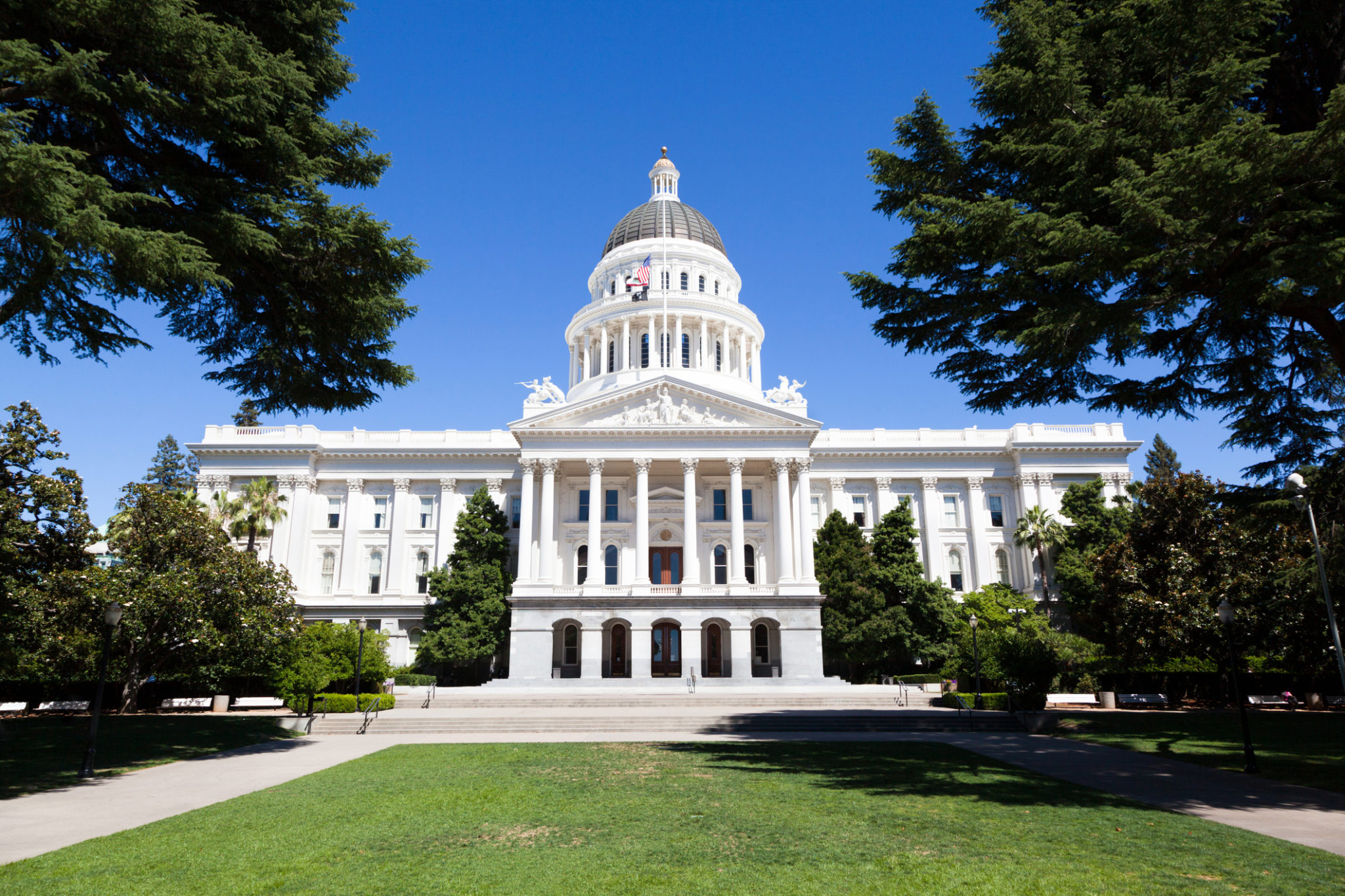Press Release
Breaking: Bills Addressing Dangers of AI to Elections Score Major Legislative Win
Legislation
Summary: No Californian should feel unsafe voting in 2020 because of the COVID-19 pandemic. This bill requires, for 2020 only, that every California voter receive a vote-by-mail ballot. The bill gives voters the option to cast their ballot by mail (postage prepaid) from the safety of their home; voters could also choose to instead vote in-person. To account for possible postal service delays, the bill guarantees that vote-by-mail ballots that are postmarked by election day will be counted if they are received within 17 days.
Summary: California has the strongest independent redistricting process in the nation. But, redrawing more than 170 districts takes time, and the COVID-19 pandemic could leave only a few weeks to accomplish this monumental task. This bill would move the state primary election from March to June in non-presidential years. Without this change, the State may be unable to meet important state and congressional redistricting deadlines if Census data reporting is delayed by up to four months, which the Census Bureau has recommended. SB 970 would nip this problem in the bud by pushing the primary date back to June, allowing sufficient time for the redistricting process and for candidates to campaign for office.
Summary: This bill would expand California’s Same Day Voter Registration law, requiring polling places to offer same day registration to voters on Election Day. Under current law, counties are only required to offer same day registration at their county registrar’s office and at vote centers (for Voter’s Choice Act counties). This bill would ensure that all voters have access to register or update their voter registration at polling places on Election Day.
Summary: Current law allows 16 and 17 year olds to pre-register to vote, automatically becoming registered on their 18th birthday. This bill would expand pre-registration to allow 15 year-olds to pre-register to vote.
Summary: The Secure the VOTE Act, would authorize the Secretary of State to award up to $16,000,000 in matching funds, upon appropriation by the Legislature, to counties for the development of open source paper ballot voting systems.
Summary: AB 3075 establishes an Office of Elections Cybersecurity (OEC) within the Secretary of State’s office. The OEC will distribute expert information and best practices and communicate with federal, state, and local agencies about future threats. Now, more than ever, we need to devote resources to protecting our elections from hostile actors.
Summary: AB 216 requires all vote by mail ballots to be postage prepaid. Beginning in January 2019, vote by mail voters across the state no longer have to affix stamps to return their ballot. AB 216 ensures that voting remains free for all Californians and standardizes the vote by mail return process across counties.
Summary: California Common Cause proudly supported Proposition 71, which will change the date that future ballot measures will take effect from the day after the election to five days after the Secretary of State certifies the result of the vote. Proposition 71 passed on June 5 with more than 77% of the vote.
Current law requires successful ballot measures to take effect the day after the election that passes them. However, if the vote results are close enough, it can often take days to weeks to certify whether or not a ballot measure has passed, making it unclear during that time period what, precisely, the effective law in the state is. This problem is exacerbated by vote-by-mail (VBM) voting, which now accounts for about 60% of ballots cast in California, as such validly cast ballots often arrive in the mail several days after election day.
To remedy this problem, the Legislature unanimously referred ACA 17, which became Proposition 71, to the ballot. By delaying the effective date of ballot measures until after the final vote is known, it eliminates the strange twilight period after an election where California law is in effect unknowable. Proposition 71 provides a clear, simple improvement to the ballot measure process.
Summary: In 2014, the Legislature passed the Ballot Initiative Transparency Act (SB 1253), which required a public review process for state ballot measures and gave opportunity for the Legislature to negotiate, and potentially reach a compromise, with the initiative proponents, in which case the measure could be withdrawn from the ballot prior to its qualifying. BITA was a success during the 2016 election cycle; SB 1153 will extend a similar reform at the local level.
City and County initiative proponents would now be allowed to withdraw their petitions even after submitting their gathered signatures for verification, which will create beneficial space for compromise and negotiation in the direct democracy process.
Press Release
